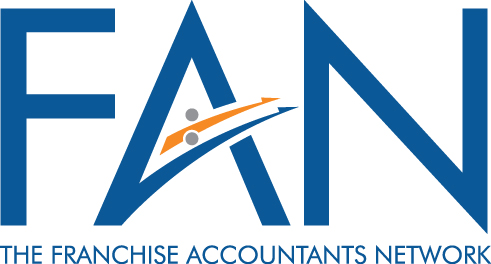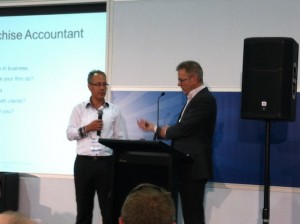Wendys Master Franchisor
/In July 2015 there was media coverage of Wendy's in connection with a company that previously owned the master franchise in Australia being placed into Voluntary Administration. Following is an article which sheds some light on the situation. It has been written by Shabnam Amirbeaggi who is a liquidator and insolvency expert. Shabnam is a member of the Franchise Accountants Network and a Managing Partner at Crouch Amirbeaggi.
For those who may have heard a rumour about Wendys being in trouble, it’s not quite as dramatic as it may first sound. Yes it’s true, the company that originally owned the master franchise has been placed into voluntary administration, but Wendys as a brand will live on to see another day.
Wendys master franchisor, established in 1979 in South Australia, sold its brand about 12 months ago to a Singapore based company, Supatreats Australia. Since then franchisees have been negotiating a new agreement with the new franchisor.
Franchise agreements are not usually drafted to cater for the franchisors’ insolvency; and are more often than not drafted with clauses to deal with the franchisees’ possible financial demise. Consequently, it is likely that the franchisees who haven’t reached an agreement with Supatreats Australia are facing possible closure of their stores as they will no longer be able to trade under the Wendys brand. If they fail to sign up with the new master franchisor, the franchisees livelihood will be determined by their ability to cover the costs associated with de-identifying the business and continuing to operate independently, or if possible converting to a like-minded franchise – all of which are subject to the landlord’s consent and ability to negotiate new lease terms where applicable.
FAN members with a franchisee clients should bear in mind that even whilst the franchisee’s business might be going strong, the franchisee needs to be comfortable with the financial strength of the franchisor.


